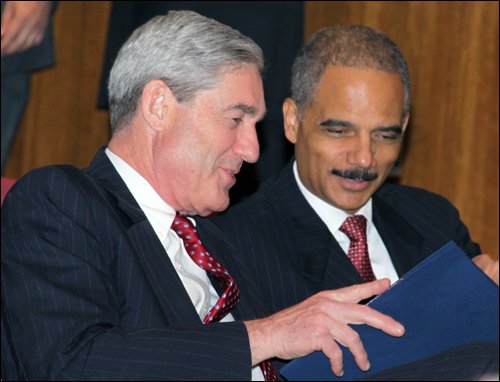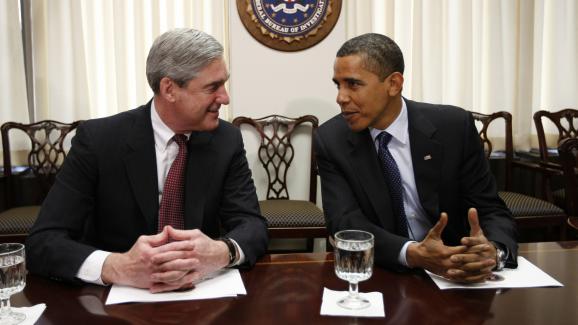Capital wasn't very mobile when he was writing. That has changed.
This was extremely alpha.
* Except France
... still, overwhelmingly, the most important global currency, and the de facto denominator for the value of every asset on earth.
Anyway.)
There's also an escape hatch.





